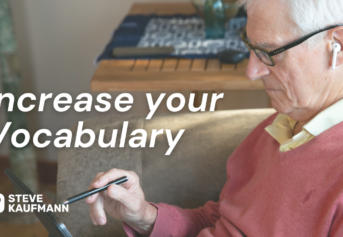
How to Speak Better in Any Language: 7 Key Tips
TL;DR To speak better in any language, stop worrying about perfection. Build vocabulary, focus on speech patterns and natural phrasing, visit old material to reinforce your knowledge. Finally, speak a lot without…











